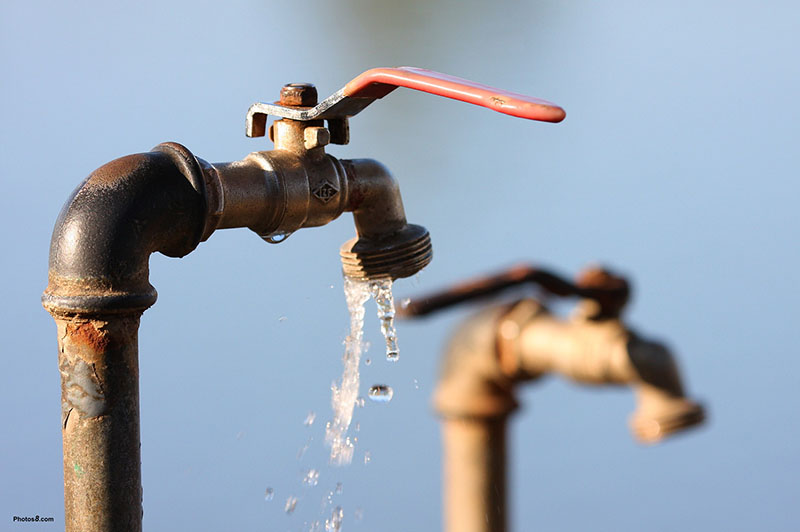The Bulawayo City Council (BCC) has proposed reducing the amount of free water distributed to households in light of the city’s severe water shortage.
The local authority provides the first five kilolitres of water utilised by residents for free each month; but, due to current water problems, the council is considering lowering this quantity of free water.
Addressing stakeholders at a Water Indaba held recently on the challenges experienced in Bulawayo, Ward 3 Councillor Mxolisi Mahlangu, who was representing the Mayor, David Coltart, said the city was considering reducing the amount of free water given to the residents as a way of water management and water intervention.
“We have plans to reduce the amount of free water that we supply to residents. This water will be reduced as a water management and water intervention system. If we reduce it, we can then apportion it properly to the residents,” Mahlangu said.
“The 2023/2024 rainy season has exacerbated our dire water situation. We had very little inflows into our dams, with some supply dams having no inflows at all. The biggest challenge we have as BCC right now is money. We need at least US$14 million to carry out all the programmes that may enable us to address our long term and short-term solutions.”
Bulawayo Progressive Residents Association Executive Secretary, Thembelani Dube, opposed the suggestion, claiming it would overburden the already struggling rate payers with higher bills.
Dube said the council should look to the government for more permanent solutions such as construction of bulk water sources.
“The solution to the Bulawayo water crisis is not about reducing or adding water rates. Taxing residents is not the solution. What we need is to have more bulk water sources and that can be done through the construction of more dams,” Dube said.
“The city council must also dualise the pipelines that bring water. They must also resuscitate the Nyamandlovu Aquifer boreholes so that we can get more water from that source. In the long run we need the government to give us water from the Gwayi-Shangani Dam.”
Dube stated the suggestion by the council will only increase rates for the residents, something which would have been done without following the proper channels.
“It would infringe on people’s Constitutional right to affordable and portable water. Once the water is commodified, it will be beyond the reach of many because of high costs. This will result in some houses having water supply being cut-off because of failure to pay the bills,” he said.
Matabeleland Human Institute for Human Rights (MIHR) Coordinator Khumbulani Maphosa said the council must take advantage of the 2023 Blueprint for service delivery by President Emmerson Mnangagwa which gives local authorities the green light to take over private projects to generate income.
“BCC has numerous projects that are run by private players. If they can take over these, they can make enough money that would be channelled towards water supply. Water is a basic human right, it is unfair to tray and raise money from water. It is not a commodity, it is a driver of life,” Maphosa said.
“We do understand money is needed for treating water, but that should be catered for by fixed charges which residents are already paying. Residents are struggling to pay their bills when they are already receiving free water, imagine what would happen when free water is taken away. They will turn to alternative sources such as boreholes, which are not even entirely safe. That would exacerbate Cholera.”
Maphosa said the city leaders must come up with ways of taking over private projects and generate income from them.
“What the council should be doing is taking over the city parking projects, repossessing beer halls and using them to make money. The council must be looking into taking over Egodini and making money out of the city transport sector. Their security department could have a security training institution. We have a problem of leadership, our leaders do not want to have visions that will enhance the city,” said the local governance expert

